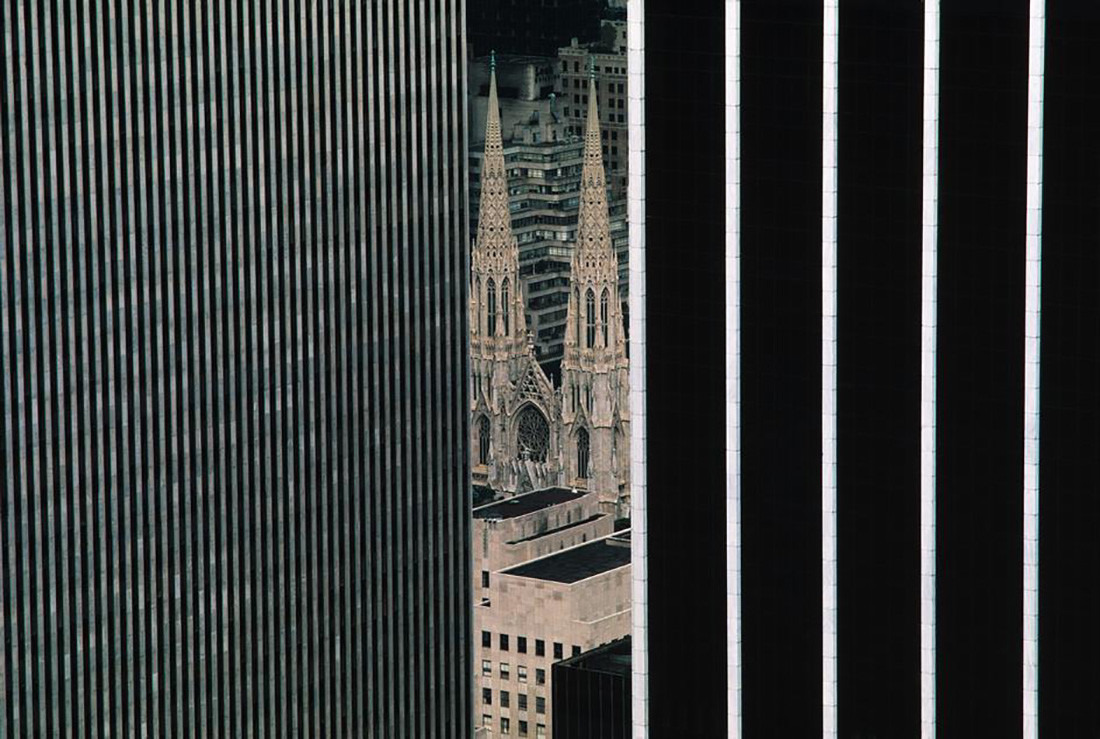(It's not really the end, it's probably going to continue this way forever)
The Old Web and the New Web
The internet is collapsing and humanity within it, the reality no one can believe in is not realty at all, the end of meaning is the end of the world
(It's not really the end, it's probably going to continue this way forever)
We've reached a point in humanity where you never *really* escape the internet. You can curate it, you can distance yourself from it, you can get it filtered through any other medium of culture, you can dilute it, you can live ignorant of it, and you can treat the symptoms of it by living in healthier ways, but you will never escape it. There is a fundamental quality of social-medianess anywhere the internet touches. The entirety of culture and the economy and the way people talk and even the way people think follows in the footsteps of everything that the internet changed.
The internet is not inherently bad as a concept, and truly it wasn’t always bad. The switch from chat rooms and webpages to social media represents the beginning of the fall. Almost everything that is wrong with web 2.0 was encouraged further by economic and political opportunity for exploitation. What has been created is perfectly adapted to the destruction of the human mind.
Chatrooms
In the age of chat rooms it used to be that you talked to one person, or a few people. But now we talk to literally everyone. The design of the new web has allowed for us to have the unlimited vulnerability of talking to everyone in the world at once, combined with the knowledge and insecurity that we are competing for attention with everyone in the world at once. We are simultaneously afraid of being seen by everyone and being seen by no one, and as we subconsciously adjust to this social landscape, our human identity and personality changes. Without even noticing, your way of thinking has changed, your capacity for depth of personality atrophies and is erased, your humanity is being destroyed from both sides. It’s a perfectly designed void of social energy and life, and it’s also a requirement to fit into almost any real life social circle as someone growing up in the modern world.
Webpages
If you had a more permanent internet presence it would be centered on a webpage, you would customize everything, and the features of the page would be anchored in place as where you added them. Your webpage was a library, a museum of the self. Everything you put out into the web was your own act of expression, of creation, even to borrow or take inspiration from someone else at least meant showing real admiration of what they created. But the switch to web 2.0 brought many changes, almost none of which were good. Rather than a creative act, web 2.0 was an act of consumption. In society at large, people can no longer create, creation only exists as an act of consumption. (Most internet art was good at first but ever increasingly the artists are all somehow making art not as creators but consumers, trying pathetically to connect the dots between their borrowed personality traits. Personality which the algorithm feeds to millions of other consumers homogenously. there is no creation, just mixing the sludge.) Personal webpages became replaced with accounts on a larger site. Searching was replaced with being fed a nonstop stream of content. Personal creation replaced with collecting what was made by others, reblogging, retweeting, cross posting, sharing, hoarding these fragments of personality to make yourself appear as a whole person. The joy of reading individual messages replaced by lifeless numbers of views and likes.
Userbase
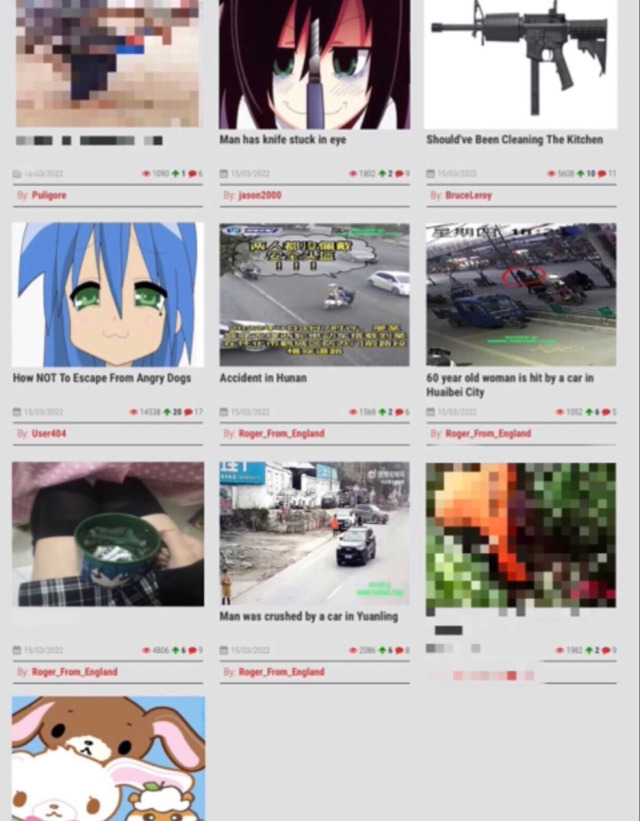
when was the rule of staying normal and sane on the internet changed from remembering that everyone you meet online is a real person in the real world to reassuring yourself that nothing you see here is real and none of this matters in the real world? When did we change the litany? Now, in a time when we care the least about the internet, the internet actually IS inseparable from everything in real life.
The change is not only in how the internet is designed but also how it's used by individuals. People were extremely anonymous by default. There was no need to create an account for some sites, or at least no need to make an account page where people can see you, and even if you had your own page which mentioned things about yourself, people almost always stayed anonymous by choice (and therefore people often felt both more free to talk and less concerned with faking their personality to become massively popular). The absolute number one rule of the internet for YEARS was to never reveal any personal information, advice which people took very seriously. Often, people would go to extremes that seem silly by modern standards, like being afraid to post any photos at all for fear that someone could find your location. The userbase was only enthusiasts, and much of the point was to be anonymous, to talk to anyone, to be in control of what you did, and to search for what you want yourself; you opted into using the internet. When *everyone* started using the internet, companies were free to undo everything that made the internet good without risking their userbase, because they could always market to a demographic who doesnt care at all.
Lost Art of Surfing the Web; The Industrialized Unconsciousness
The thing that made the internet worth experiencing in the beginning was that it was dreamlike, and a collective (un)consciousness, it was meant to be a sort of wandering experience detached from reality. But to make the internet inseparable from every part of life is like turning a dream into a permanent catatonic state which you can literally never wake from, destroying the experience of waking life, while also ruining the option of dreamlike detached escapism. To then industrialize the internet is to mechanize that catatonic collective consciousness (to industrialize humanity itself/ to industrialize the way culture operates, and by extension how individuals psychologically operate.)
The willingly created and experienced culture which existed within but seperate from reality becomes reality itself; hyperreality, which is inescapable. The dreamlike experience of what is not strictly real is necessary, it's part of what it means to be sentient life, everything sentient is on a countdown to insanity which is only reset by nightly dreaming, but the dream cannot become the only reality, or it will be ruined, and reality too will be ruined as consequence. What is concerning with the way the internet is being designed, as opposed to previous (analog and manually run) hyperreality that emerged in the post-industrial world, is that the internet literally has a mind of it's own, and is designed to algorithmize the thoughts of people down to even understanding individual people and not just demographics. There are no longer any gaps or seams in social engineering where people go unnoticed. The algorithms and social engineering have a life of their own too, the better they work to exploit, the more likely their companies are to survive and grow, and the more money is put into them. There is an evolution taking place is algorithms, and it is to exploit the human consciousness.
The Internet Bleeds Into Real Life
If you think the problem is just of some specific demographic becoming addicted to attention, or using the internet too much as a place to socialize, then it's important to remember the social and psychological dangers of replacing creation with consumption across all demographics, and to remember that distancing yourself from the internet doesn't actually get rid of the problems in society at large. Even if you only use the internet to look at content created by other people, and you want to befriend someone in real life who is the same way, you are still competing for their attention and their interest against the entirety of the internet, against their entire online sphere of personalities which are algorithmically marketed to them. And you still have to account for extreme levels of undue social vulnerability caused by the internet changing the standards of socialization (new negative connotations are invented as a result of the internet, subjects or ways of talking that have lost appeal, are discarded after being used as trends or are simply cringe). As a standard in society, people increasingly (already almost always) expect to talk to someone else who also uses the internet, so the cultural breakdown of socialization on the internet translates into real life, regardless of if you try to personally outgrow the effects of the internet. One way or another, you must become in touch with the social standards of the internet. As if it's not enough of a concern already that future generations will have less and less choice. Raise your kids "right" or raise them to socialize with those around them? Raise your kids "right" or raise them to be in touch with the new reality?
For the older generations who think they are free from the internet, they have yet to realize that whatever culture or form of culture they do consume, whatever inevitable connection they have to the cultural forces of the economy, is already being guided by the trends of internet and algorithms behind the scenes.
I truly believe that second-hand social media usage is a real concept in the same way second-hand smoking is. It doesn't matter if you personally make healthier choices, you're still being harmed within the atmosphere of the collective consciousness. Although I would argue it's a danger to humanity thousands of times greater. The danger is not simply a disease within the body. The danger is within your entire experience of the world. Within your fundamental human identity. The danger is within your politics, your media, your art, your literature, all of culture and the future. The danger is within philosophy and the suffocation of every emotion imaginable. It's a cognitohazard to not only the fabric of the individual, not even society, but of reality itself as a human species.
Insulation, Ignorance, Illusion, Safety
One argument in favor of the new algorithmic power is that it can fight against the most poisonous and shocking content on the internet. However, when social media companies train the algorithm and give it more control over the entire internet, they’ve not really gotten rid of anything. It’s just that the average internet user is trained to feel used to the very small space on the internet granted to them by an algorithm highly specialized in showing content to do exactly that, which is still extremely mentally harmful, and even worse than gore in some ways because it is designed by companies to be addictive, rather than repulsive. And because of discomfort with ever taking their attention away from their own small corner, people are “safe” from seeing bad things on the internet. This algorithmic insulation applies to literally all content, not just things like gore. As a consequence of this, people can nurture very unusual perceptions of other people and of life experiences that are irreconcilable with the real world to the point they seek to feel “safe” within this boundary even in real life.
As a quick note, I want to mention that algorithms are capable of making absolutely all content harmful, and that's essentially what they've trained themselves to do. Algorithms are constantly training themselves to gauge maximum psychological impact. Seeing something bad on social media means getting psychological damage because it’s bad, whereas seeing something good on social media usually means psychological damage because it’s not real.
If you make something your whole personality that’s because it faced resistance or persecution. And what you’re actually doing is creating a mental prison by trapping yourself further within the space you’ve been condemned to and isolating yourself within your smaller range of personality and lived human experience. On the new web, it's a given to completely invest your personality into the insulated world marketed to you, especially as people are increasingly incapable of living outside the internet, and will face more social resistance. With everyone who uses the internet but especially with those who face resistance from the outside world, the act of using the internet itself becomes a personality trait, which leads to further dependence on the internet.
If the algorithm didn’t cause conflict and psychological damage then twitter would be almost empty. The site is literally not made for anything good at all. It is a strict word limiting single-reply at a time based website, which only allows you to add up to four images that are automatically downsized and cropped. The algorithm wants to get as much replying as possible and has little regard for actual likes. Followers and likes are public but finding archives of past posts is impossible, nothing is shown in chronological order. It is designed to only make bad things happen. Designed for brainlesss and impulsive fighting, designed for any kind of impulsive vulnerability. You cannot curate an archive of anything. You cannot explain anything well. You cannot be shown anything naturally. It is not a place to journal. Not a place to talk to friends. Not a place to earnestly share art of any kind, except for most impulsive and consumerist base appeal. It is only designed to maximize conflict and stress and provoke latent personality disorders to increase engagement. As is the nature of all the technology of the new web; Snapchat, with it's target demographic and automatic deleting of everything posted on it, was invented to allow teens to simultaneously get away with things and hide it from their parents while still giving them attention from their friends and reinforcing the behavior, TikTok got its start by purchasing musically, a website going viral for cyberbullying, and then promoted the negative attention to this viral content in order to attract new users. and this went on as long as possible before rebranding, Facebook started as a place to rank unconsenting college girls based on appearance and then expanded its age demographic by eventually becoming a news site without verification for baby boomers to start fights and cultivate social disease during the 2016 election. At their core, every part of the new web was created by outcompeting the passion-project nature of the old web by exploiting these basic vices, and by inventing an unnameable number more.
The internet is worse now, but like most things in history, the actual thing that went wrong, that quality that makes it bad, is the hardest thing to explain. And just like with complex historical problems, that’s probably why nobody stopped it. We first solve the problems that are easy to explain, the problems that are easy to understand. We pinpoint the clear and surface level problems, and usually just hope that they can explain the other more complicated problems. We hope that solving all our clear, simple problems solves everything. But we leave behind the far more vast and intangible problems, we may even ignore them because we think they’re being solved, we have to believe they’re being solved because we wouldn’t know what to do otherwise. It’s cultural entropy. Everything gets exponentially more complex and messy. We are left with a world full of only the problems that were not solved by all the generations before us. Often, there doesn't even exist a vocabulary or collectively understood idea for what the most complex and vast of our problems even are. I don't think we have the proper vocabulary to even describe what makes the internet so bad, just like how people of the early industrial revolution didn't really have a vocabulary that could encompass the endless types of complex environmental, psychological, cultural, and political issues that had newly appeared.
The final Piece to Creating a Post-Human Age;
The Internet is the Final Frontier of Post-Industrial Society's Loss of Humanity
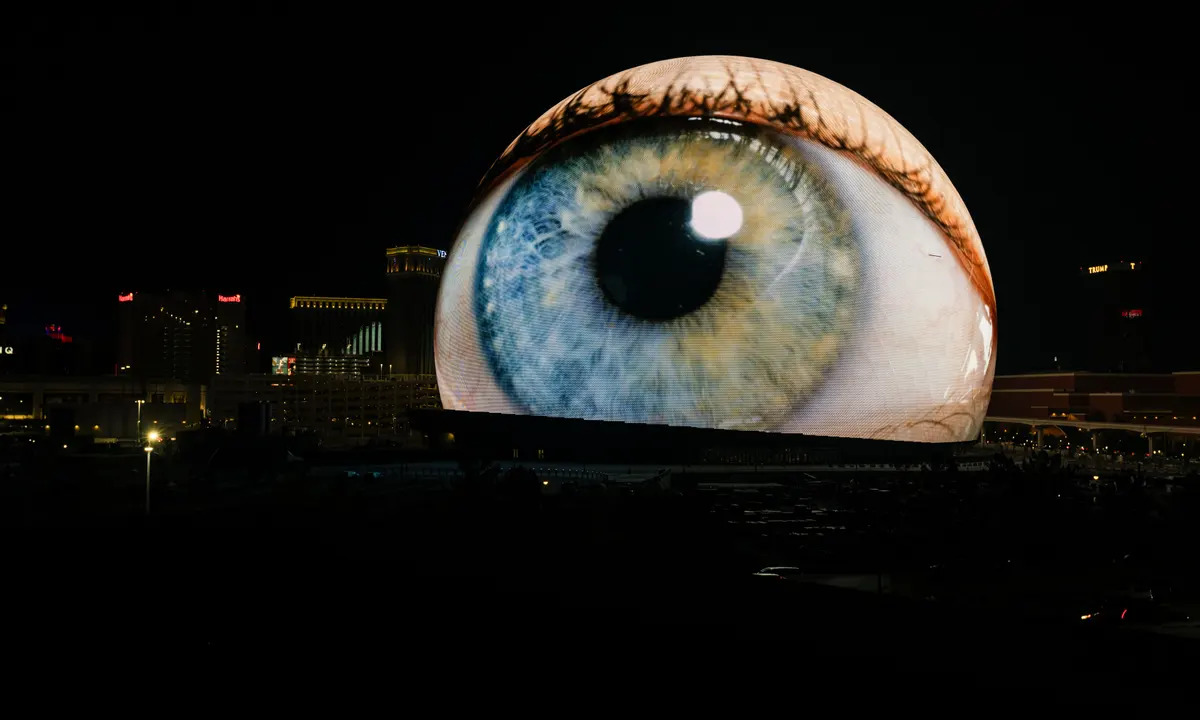
The switch from creating webpages and using personal chatrooms to only using an account on someone else's multi-billion dollar website (the social media model) in many ways resembles the global elimination of ownership and individual sovereignty in economics and culture. The switch from personal community, ownership of land, and selling products in the market, to allowing corporations to mediate all community, renting all land and possessions from corporations, and selling the value of your ability work to employers (selling yourself rather than selling your goods and services). This is not a coincidence. There is no individual, you cannot own a home anymore. Everything is mortgaged, leased, loaned. If you want to own anything or do anything or work anywhere or be part of society or have anthing in common with anyone around you at all, you need to open an account with the bank. From there your life is dictated by their rules. So too is there no human identity, no involvement or actualization of humanity in the internet age, you need to open an account.
The trend twoards having an account to take out a loan for things like a single meal mirrors our relationship to human identity
x
extend
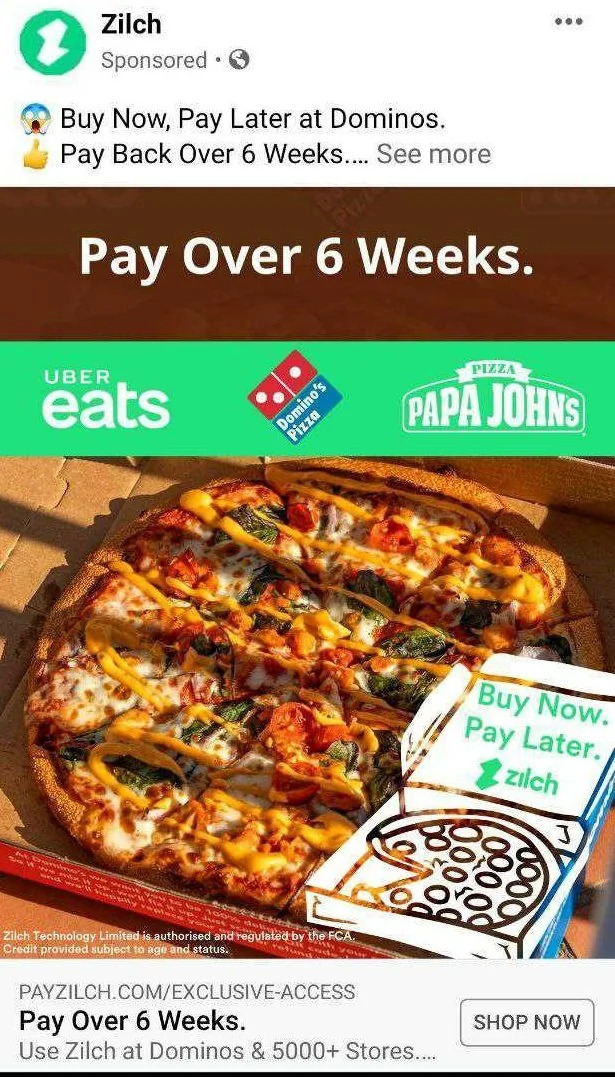
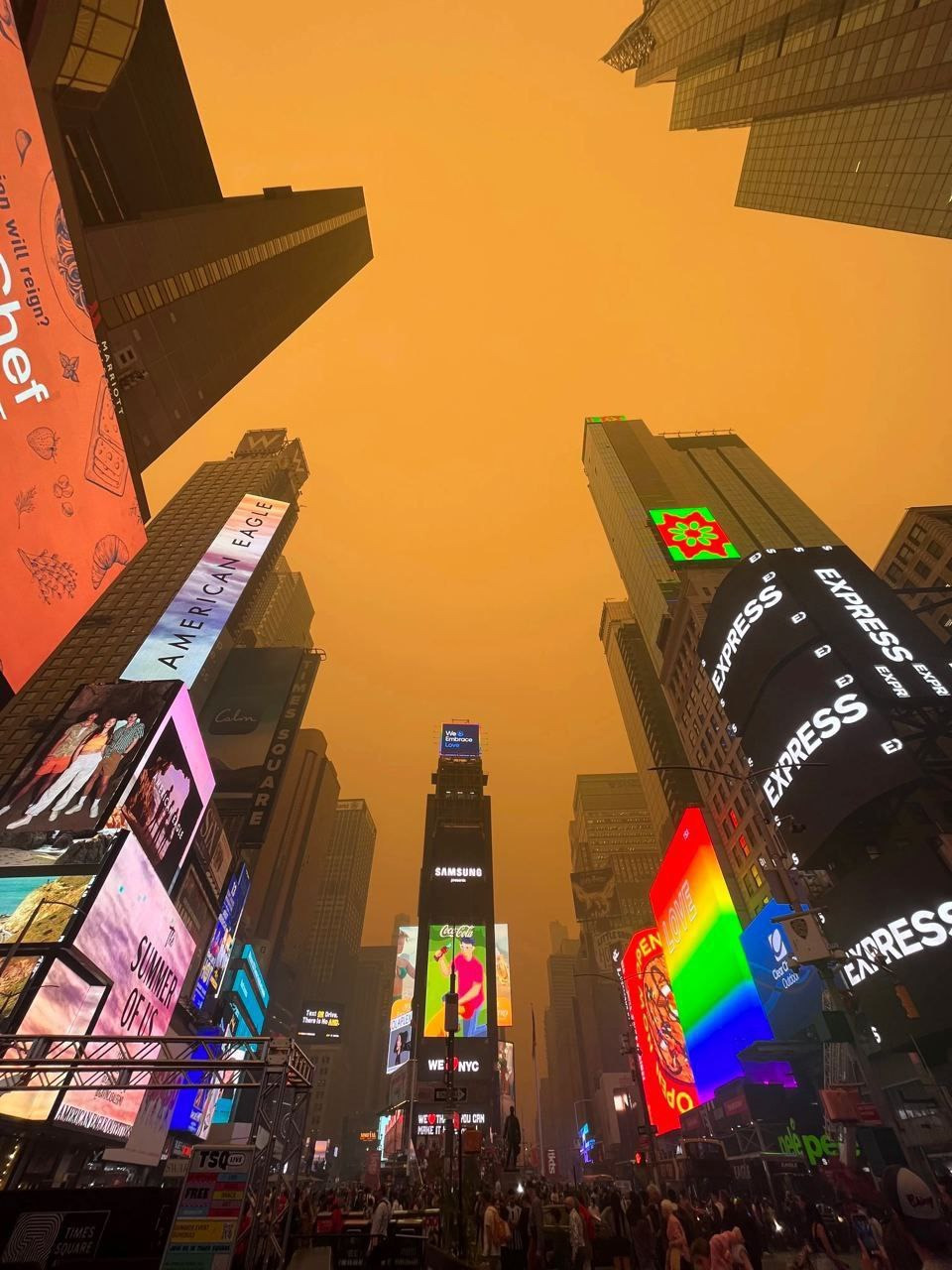
.png)
